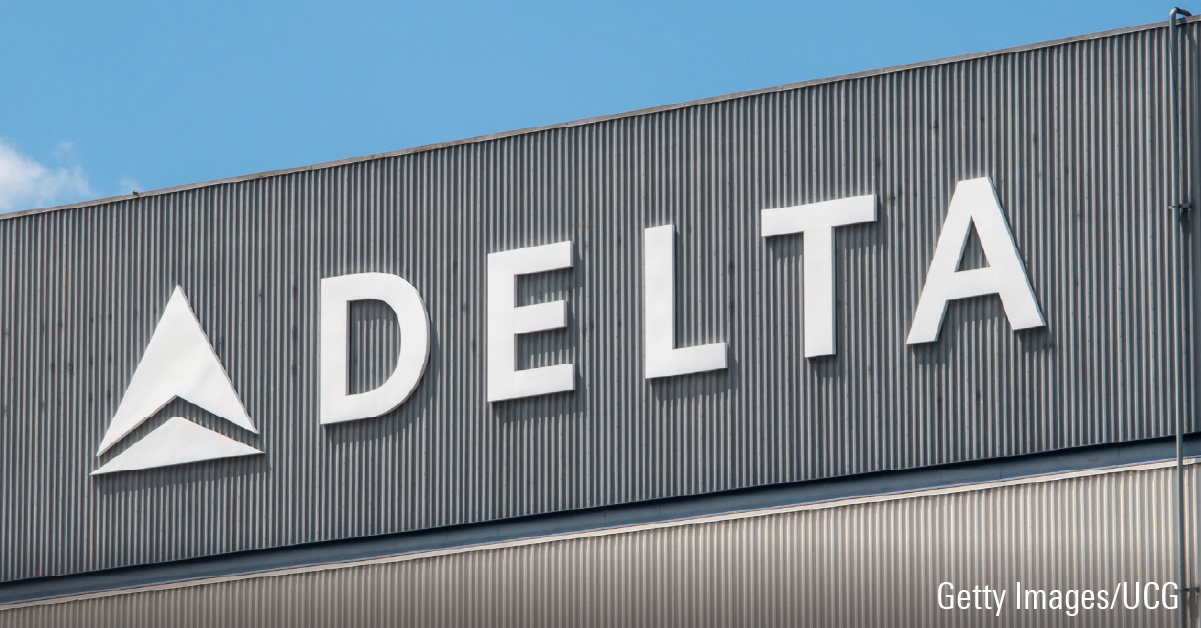Delta Air Lines Earnings: Service Costs Offset Full Planes and Cheaper Fuel; Fair Value Unaffected

Delta’s DAL second-quarter results mostly met our robust near-term expectations, with record revenue and profit and higher-than-expected load factors. Our fair value estimate remains at $41 per share.
Delta successfully deployed its fleet and schedule to deliver 17% more overall capacity (measured as available seat miles) in the quarter than the prior year. Due to high demand, passenger revenue grew more than 20%. Cargo and other revenue grew more slowly, resulting in just 12.7% more overall revenue compared with the second quarter of 2022. Fuel costs, at 19% of passenger revenue, fell 22% year over year. Meanwhile, labor costs and profit-sharing accruals, together 32.5% of passenger revenue, grew 45%. We had anticipated these offsetting trends, and our longer-term forecasts are essentially unchanged.
Delta is good at filling seats. It booked an average of 85.4% of its capacity in the five years preceding the pandemic while U.S. airlines as a group averaged 83.8%. In the second quarter, Delta’s load factor (the ratio of seats filled to those available, measured as revenue passenger miles divided by available seat miles) topped 88%, which exceeds any annual rate we have observed at that carrier, and which we believe represents an upper bound for what airline operations can maintain. (While completely full flights are commonplace especially in peak summer season, for an airline to record a hypothetical and implausible 100% load factor would mean every flight were full, every day, in both directions, with no cancellations or no-shows, and so on.) We will monitor what other airlines report this quarter; we expect that either Delta gained market share in the quarter or, more likely, the industry collectively booked record second-quarter load factors. Demand at this level will only increase the competitive pressure on airlines to add capacity as soon as they can, which supports our longer-term thesis that a return to equilibrium is in store.
The author or authors do not own shares in any securities mentioned in this article. Find out about Morningstar’s editorial policies.

/s3.amazonaws.com/arc-authors/morningstar/4c0ebe77-db24-4647-aac9-f4c13027ec2f.jpg)
/d10o6nnig0wrdw.cloudfront.net/05-31-2024/t_99626deb19c94bd4a5c406e19350f0ee_name_file_960x540_1600_v4_.jpg)
/cloudfront-us-east-1.images.arcpublishing.com/morningstar/U4OLR5WQ3JFYDHD76KVW6URKTU.jpg)
/cloudfront-us-east-1.images.arcpublishing.com/morningstar/DOFK3IUSBRF5XHSFKBZHOG4J5A.jpg)
:quality(80)/s3.amazonaws.com/arc-authors/morningstar/4c0ebe77-db24-4647-aac9-f4c13027ec2f.jpg)